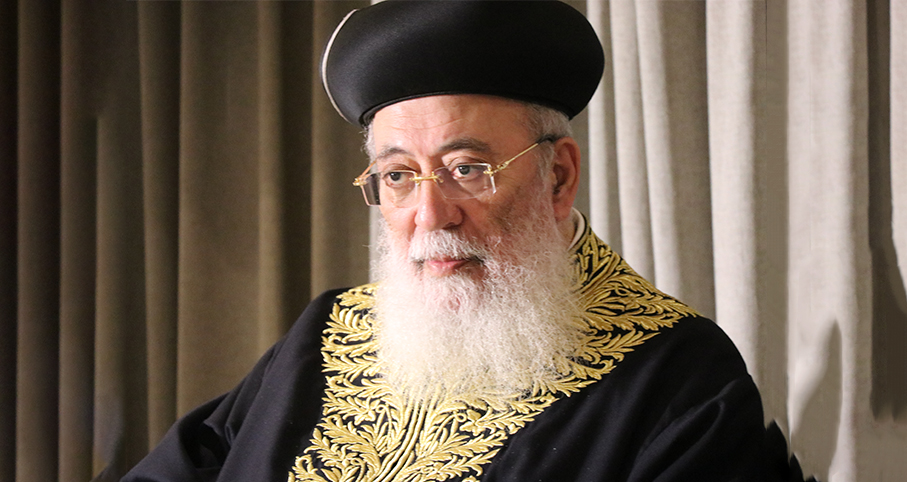- Sections
- Parashat Hashavua
4
There are three introductory Shabbatot for the holiday of Pesach: Parashat Parah, Parashat Hachodesh, and Shabbat Hagadol.
Parashat Parah is the reading of purification. It is true that in general, one is supposed to purify himself before a holiday (Rosh Hashana 16b). However, on Pesach there is a special reason to be pure, so that one can take part in the Korban Pesach. Liberation must come from amidst purity. If we would view the value of liberty as just the lack of being controlled by another nation, then the whole stress on purification would be unimportant. However, our goal is to have a life built on something specific and special, and for this there is a need for inspecting our ways and for purification.
Parashat Hachodesh is about renewal, starting with the moon to which we set our calendar. Part of the moon’s nature is that it is renewed just when it gets to the point of darkness.
Shabbat Hagadol possesses two elements – the Shabbat of creation and the Shabbat of Israel. As any Shabbat, it has the commands of "Zachor" (remember) and "Shamor" (observe) – remember the creation and observe the matter of the Exodus from Egypt. The Shamor comes to make Zachor a social obligation that serves as the basis for all of social life.
The goal of these three introductions is to show the essential content of Jewish nationalism, which finds expression in the Holiday of Freedom. That is to turn the divine idea into a factor that impacts on national, political, and social life. This requires an exact plan, which requires inspecting the nation’s actions from time to time – this is the idea of purification before holidays.
This requires making sure that life is lived in a way that is in synch with the changing conditions from time to time. In this regard, things must be checked according to their internal content, despite the fact that there are external changes that need attention. This is included in the idea of Parashat Hachodesh. All of these ideas find special attention on Shabbat, which, in turn, finds its fullest meaning on Shabbat Hagadol.

The Right Pace to Leave a Holy Place
Parashat Beha'alotcha
Rabbi Yossef Carmel | 16 Sivan 5764

Parashat Hashavua: The Ten Commandments – A Blueprint for World Justice
Rabbi Yossef Carmel | Shevat 5785

Gold, Silver, Precious Stones – Closeness to Hashem – part III
Rabbi Yossef Carmel | Adar 5785

Parashat Hashavua: The Significance of a Famine
Rabbi Yossef Carmel | kislev 5785

Double Wrapping Food in a Treif Oven
Rabbi Daniel Mann | Kislev 4 5777

seudat hodaya
Rabbi Daniel Mann | 5772

Forgetting a Day of Sefirat Ha'Omer
Rabbi Yosef Tzvi Rimon | 5778

This is the Way We Bake Our Bread!
Rabbi Yirmiyohu Kaganoff | Sivan 21 5775

P'ninat Mishpat: Unsuccessful Transfer of Yeshiva – part IV
based on ruling 82138 of the Eretz Hemdah-Gazit Rabbinical Courts
Beit Din Eretz Hemda - Gazit | Nisan 5784
Daf Yomi Makkot Daf 11
R' Eli Stefansky | 21 Nisan 5785
Daf Yomi Makkot Daf 10
R' Eli Stefansky | 20 Nisan 5785







